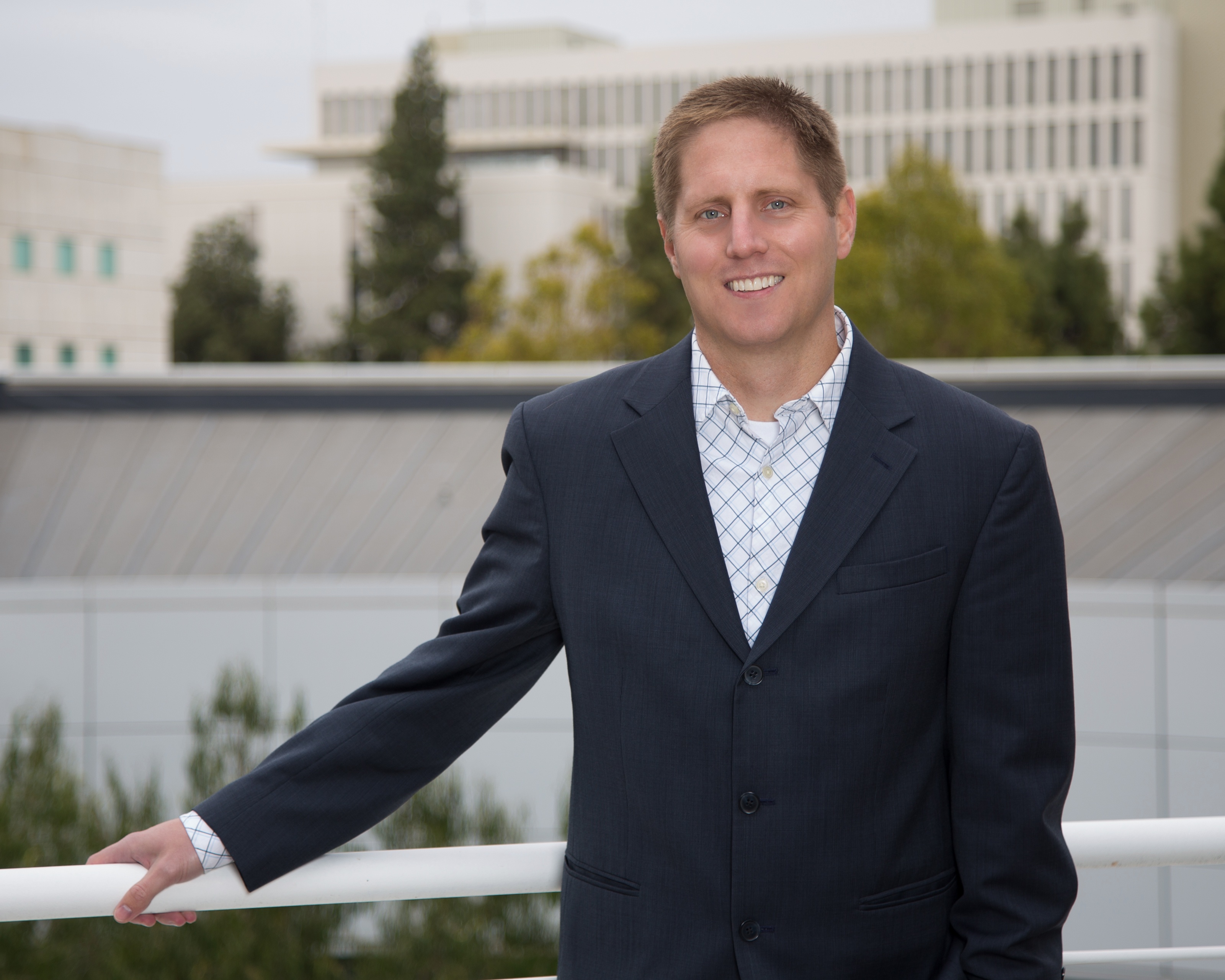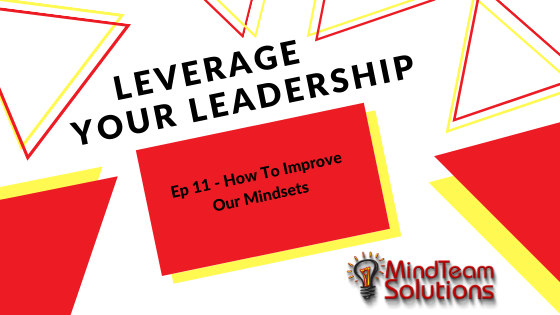Podcast: Play in new window | Download
So, you’ve chosen the mindset you want to develop. Now, it’s time to develop it. Altering your mindset is not much different than learning how to count to 10 in a different language. First you have to learn the words associated with the numbers. That’s also the first step of shifting our mindsets. Once you know the words now you need to practice those on a regular basis. It doesn’t have to be a lot of time. Just 5 or 10 minutes a day is enough.
[1:20] Meditating on your mindset
Meditation enhances our ability to increase our cognitive flexibility. So if we want to shift our mindsets, we’ve got to kind of break the rest of our current mindsets. And meditation helps with that process. Research has also found that deep learning (including journaling, watching videos or attending training) can shift our mindsets for up to two to four weeks.
[4:49] Creating a mindset for your organization
Ryan has a mindset self-assessment on his website that asks important questions. Do you have a prevention mindset? On client he recently worked was a large corporation. They felt totally justified in building a culture around avoiding problems. This is a totally natural response. But that can create really severe problems. A culture built around avoiding problems will incentivize your team members to sweep problems under the rug. If you want to be innovative and creative you can’t avoid your problems.
[8:51] Understanding your desires
Think about some of the desires that drive people. The desire to look good. The desire to be right. The desire to avoid problems. The desire to get ahead. You have to ask yourself – Are these good desires to have? On the surface they may appear benign. But these desires are often attached to negative mindsets. There are far more positive desires to have. The desire to learn and grow. A desire to find truth. A desire to lift-up others.
[10:46] Move forward with purpose
Victor Frankel’s seminal text Man’s Search For Meaning offers guidance for people trying to find their purpose. Frankel survived a concentration camp during World War Two. The book attempted to explain how mindset impacted the ability of prisoners to survive the camp. In one moving story he remembers:
“We who lived in concentration camps can remember the man who walked throughout the huts comforting others, giving away their last piece of bread. They may have been few in number, but they offer sufficient proof that everything can be taken away from a man but one thing: to choose one’s attitude in any given set of circumstances”
Ryan Gottfredson’s Bio
Ryan Gottfredson, Ph.D. is a cutting-edge leadership development consultant, author, trainer, and researcher. He helps improve organizations, leaders, teams, and employees by improving their mindsets. Ryan is currently a leadership and management professor at the Mihaylo College of Business and Economics at California State University-Fullerton (CSUF). He holds a Ph.D. in Organizational Behavior and Human Resources from Indiana University, and a B.A. from Brigham Young University. He is the author of “Success Mindsets: The Key to Unlocking Greater Success in Your Life, Work, & Leadership” (Morgan James Publishers). He also works with organizations to develop their leaders and improve their culture (collective mindsets). He has worked with top leadership teams at CVS Health (top 130 leaders), Deutsche Telekom (500+ of their top 2,000 leaders), and a couple dozen other organizations. As a respected authority and researcher on topics related to leadership, management, and organizational behavior, Ryan has published over 17 articles across a variety of journals including: Leadership Quarterly, Journal of Management, Journal of Organizational Behavior, Business Horizons, Journal of Leadership and Organizational Studies, and Journal of Leadership Studies. His research has been cited over 2,000 times since 2014.

Connect with Ryan
- Website: https://ryangottfredson.com/
- Free Personal Mindset Assessment: https://ryangottfredson.com/personal-mindset-assessment
- Success Mindsets book: https://ryangottfredson.com/books

